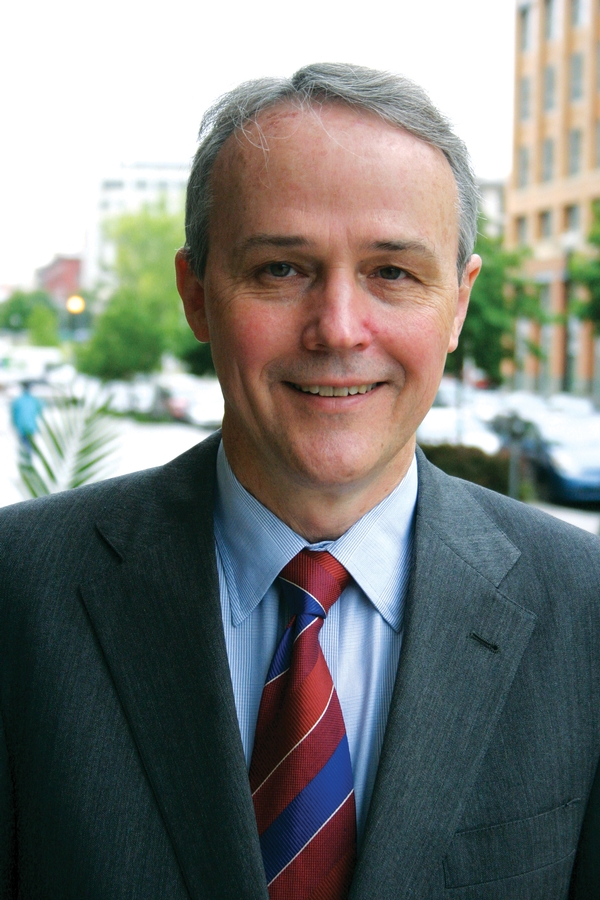
Building the Political Will to End Hunger
25th Anniversary Essay by 2010 World Food Prize Laureate David Beckmann
The proportion of the world’s people who are hungry has gone down substantially over the last 25 years. This remains true despite high grain prices and the resulting surge in hunger over the last few years. And the world has made even more dramatic progress against poverty and disease than hunger over the last 25 years. The number of people in extreme poverty is roughly half of what it was 25 years ago.
I recently visited northwest Bangladesh, where I lived and worked in the 1970s. Going back to the same towns and villages was profoundly encouraging. I met up with people who were friends back then. They are still very poor, but not nearly as poor as they were. Today’s children are visibly better nourished, and there is a better variety of foods in the markets. Women are less confined and more confident than I remember.
We have learned a lot from the successes of the last 25 years about how to reduce hunger, and we know from experience that further progress is possible. But the political will to overcome hunger remains weak. It would clearly make sense to invest more in poor-country agriculture, and programs focused on babies and pregnant mothers could quickly and inexpensively reduce child malnutrition. But resources go to higher political priorities – military spending, for example – and to groups of people who have more political power than hungry families have.
The most powerful way to foster continued progress against hunger is to build stronger political commitment at both the global and country levels. Political leadership is important, and the 2011 World Food Prize laureates – President Lula of Brazil and President Kufuor of Ghana – are models of the leadership we need.
But political commitment can also be built up over time by developing institutions that push for help and opportunities for hungry and poor people. These can be advocacy organizations, farmer associations, research institutions, corporations that have an interest in progress against poverty, institutions within governments, or political parties.
Bread for the World organizes people of faith across the United States to urge our Congress and President to do their part to end hunger in our own country and worldwide, and we have been able to win important changes. In 2011, we worked with others to support and shape growing U.S. support for agricultural development and nutrition programs in low-income countries. We also pushed to get the U.S. government to launch reforms to make its development assistance more effective. Bread for the World also helped to strengthen tax credits and child nutrition programs that have helped to keep U.S. hunger from increasing despite high unemployment.
In early 2012, the U.S. House of Representatives voted for deep cuts in all U.S. programs that are focused on hungry and poor people. International assistance is especially vulnerable. So Bread for the World is now campaigning to form a Circle of Protection around funding for hungry and poor people. This is an example of what it will take – in every nation, year after year – to build the political will to achieve the progress against hunger that is now so clearly possible.


